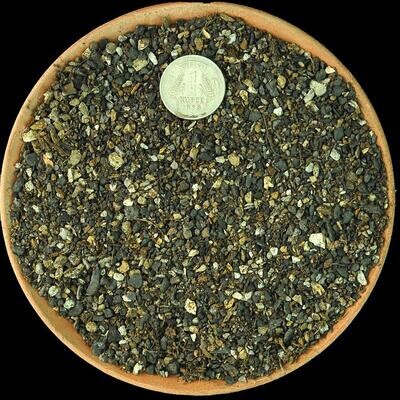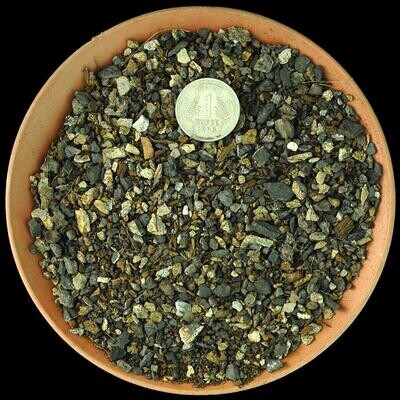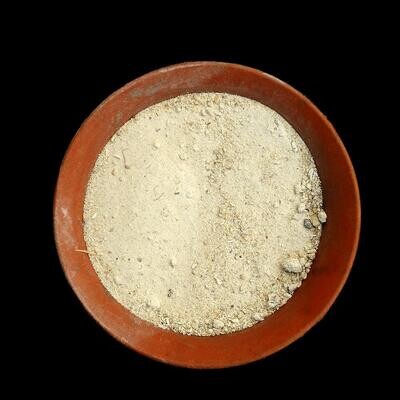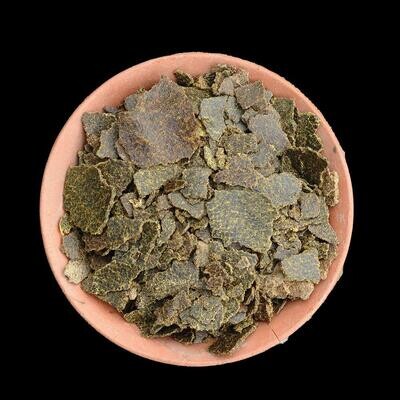Please check the Shipping Updates Page for information on shipping.
Operculicarya pachypus
Origin of Name
Operculicarya decaryi is named in honor of Raymond Decary, the French botanist who first collected the species in Madagascar, highlighting its discovery and geographical origin. The genus name "Operculicarya" derives from Latin, with "operculum" meaning lid and "carya" referring to walnut, possibly alluding to the plant's unique fruiting characteristics that resemble a walnut with a lid. This name encapsulates both the botanical features and the historical context of the plant's discovery.
Technical Description of Plant
Operculicarya decaryi, commonly known as the Jabily, is a distinctive succulent tree known for its intricate, gnarled trunk and dense, pinnate foliage that gives it a bonsai-like appearance. Mature specimens can reach several feet in height, developing a thick, woody caudex that serves as a water reservoir. The leaves are small, glossy, and dark green, contrasting beautifully with the rugged texture of the bark. Tiny, inconspicuous flowers may appear, followed by small, round fruits that split open in a lid-like fashion, true to the genus's name.
Origin of Plant
Native exclusively to Madagascar, Operculicarya decaryi thrives in dry, rocky environments. Its ability to store water in its caudex allows it to survive periods of drought, making it well adapted to the harsh conditions of its native habitat. This species is a part of Madagascar's unique flora, contributing to the island's rich biodiversity.
Conservation Status
Operculicarya decaryi is considered rare due to its limited geographic range and the ongoing threats of habitat destruction and over-collection in Madagascar. While not currently listed as endangered, its conservation status necessitates careful monitoring to ensure that populations remain sustainable. Conservation efforts are focused on habitat protection and promoting sustainable collection practices.
Care Instructions
Operculicarya decaryi prefers bright, indirect light but can tolerate some direct sunlight, especially when grown outdoors. It requires well-draining soil, ideally a mix formulated for succulents or bonsai trees. Water moderately during the active growing season, allowing the soil to dry thoroughly between waterings. In winter, reduce watering significantly to mimic the dry season of its native habitat. This plant is sensitive to overwatering, which can lead to root rot. Operculicarya decaryi is not frost-tolerant and should be protected from cold temperatures. Fertilize sparingly with a balanced, slow-release fertilizer during the growing season to support healthy growth.





